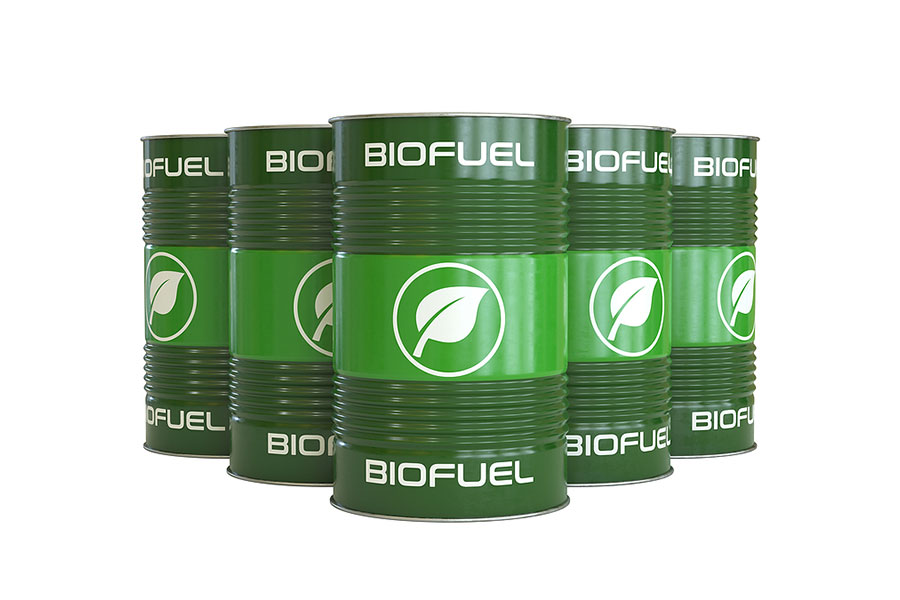With so much talk about the environment, almost everybody has heard about biodiesel. As we transition from fossil fuels to fully electric vehicles, the focus on biofuels, as a stopgap solution, is growing. Unfortunately, not many motorists know what they are all about.
But can your European vehicle use biodiesel?
What is Biodiesel
Biofuels, including biodiesel, are sourced from renewable organic materials. While these fuels can be used in many applications, their role in transportation is recently growing.
Biodiesel is just one of the two main types of biofuels. The other one is bioethanol, an alcohol made from sugarcane and corn. On its part, biodiesel is from animal fats and vegetable oil.
Biodiesel and bioethanol provide alternatives to non-renewable fossil fuels such as diesel and petrol.
Is Biodiesel Safe to Use in my Car?
Typically, it depends on the biofuel that you currently use to fill up at the gas station. You have likely been using a blend of biofuels with petrol or diesel without knowing it. With this in mind, you can continue using blended fuels as usual.
Your BMW, Volvo, or any other European vehicle will run perfectly on blended diesel or unleaded as the low percentages do not have any compatibility issues. Most vehicles are compatible with E10 fuel, and you would be able to fill up with it anywhere in Europe.
But please note that there are a good number of vehicles, especially the older models, which may have compatibility issues with E10.
But if you are unsure about other fuels, don’t. At the moment, you won’t be able to use pure biodiesel because your engine may not be designed that way. An incompatible fuel can do severe damage to your vehicle. In the worst-case scenario, it can cause an accident.
No doubt biofuels are an important solution as we move to fully electrified vehicles. However, you should be careful with the type of fuel that you fill up. Read your manual or ask your vehicle manufacturer before you start fueling with pure biodiesel.




Recent Comments